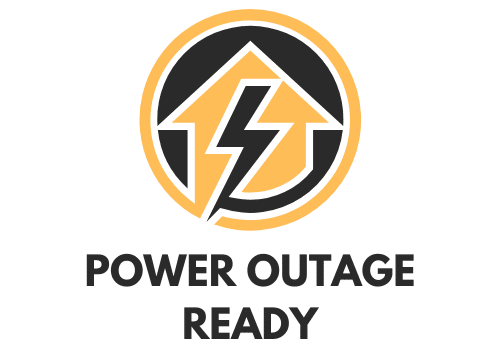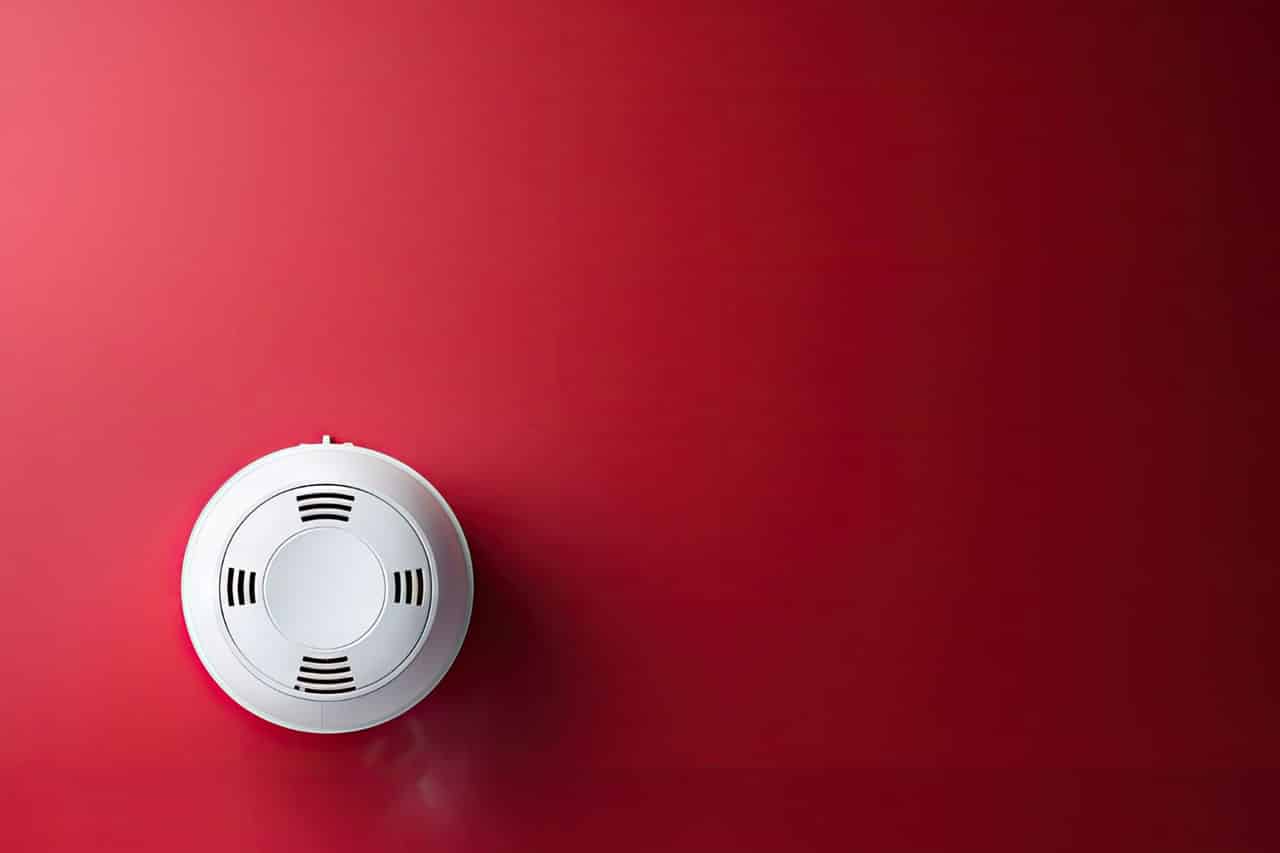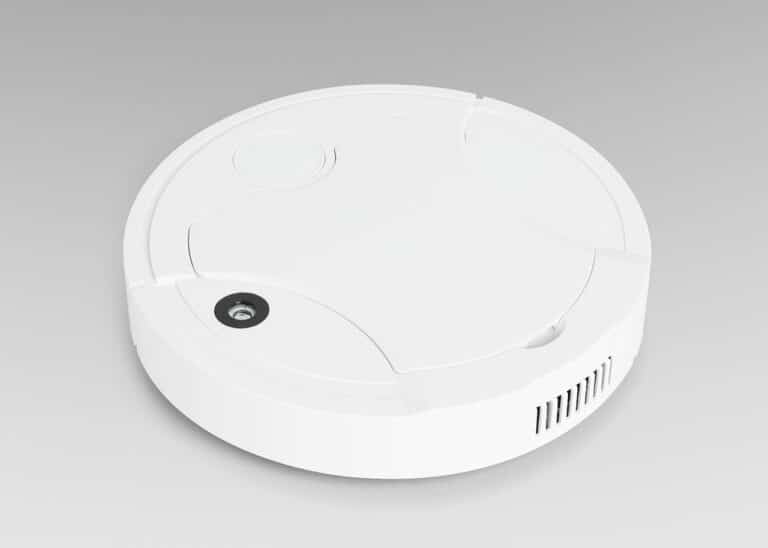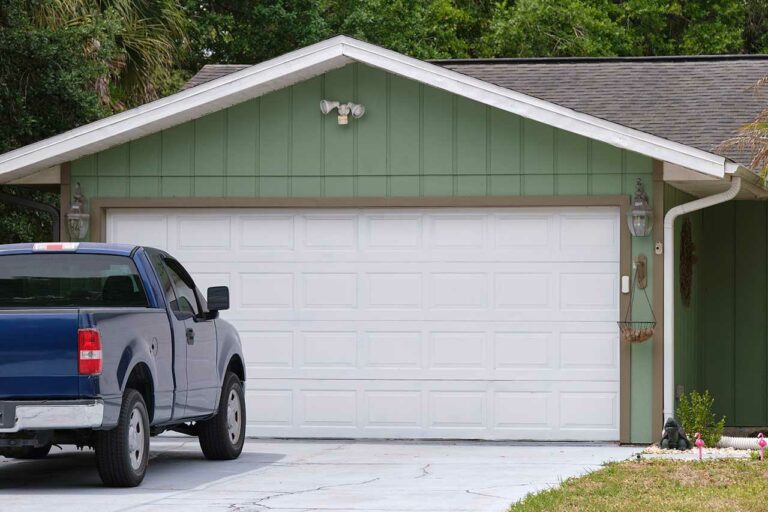Do Smoke Alarms Work In A Power Outage? (What To Know)
When it comes to home safety, smoke alarms are crucial for early warning and protection against fires. But what happens to these essential devices during a power outage? Many people wonder if their smoke alarms will continue to work once the electricity goes out, and the answer, for the most part, is yes.
Will Smoke Alarms Work During a Power Outage?
Most smoke alarms, even the hardwired ones, are designed with built-in battery backups to ensure they remain operational during a power outage. (Remember all those PSAs about regularly checking your smoke alarm batteries?) These batteries provide the necessary power to keep the smoke alarms functioning, alerting you to any potential danger and allowing you to take immediate emergency action even without electricity.
These are a few different types of smoke alarms you may have in your home, and how they operate during a power outage:
Battery-Operated Smoke Alarms: Battery-powered smoke alarms rely solely on batteries for their power. So, as long as the batteries are fresh and functioning, your smoke alarm should continue to work during a power outage. (Back to those “Check your battery!” PSAs.)
Hardwired Smoke Alarms with Battery Backup: Many hardwired smoke detectors come with a battery backup feature. When the power goes out, these alarms switch to the backup battery to keep them running. It’s essential to make sure your backup batteries are in working order to get the most out of your smoke alarm system.
Wireless Smoke Alarms: Some wireless smoke alarms also use batteries as their primary power source. These alarms should function during a power outage as well, as long as the batteries are in good condition.
It’s important to note that even during a power outage, interconnected smoke alarms – whether hardwired or wireless – can still communicate with each other. As long as there is a battery backup available, if one alarm is triggered, the others will also go off simultaneously, ensuring that everyone in the house is aware of the potential danger.
Remember, your smoke alarms are designed to protect you and your family, so it’s essential to check their power source regularly, no matter how they are powered. Test your alarms monthly, replace batteries as needed, and be sure to have a sufficient power source to keep them functioning, even in the event of a power failure.
Type of Smoke Alarms
Hardwired Smoke Alarms In A Power Outage
Hardwired smoke alarms are connected to your home’s 120-volt AC electrical system. In case of a power outage, these alarms’ primary source of power will be cut off and their backup batteries will kick in to keep them functioning. The key to a functioning hardwired smoke alarm in a power outage is to have working batteries installed. This shouldn’t be terribly hard to do. Unless the smoke alarm is actually malfunctioning, the alarm will make that annoying little chirp to let you know when the battery gets low.
But that’s no replacement for regularly checking your smoke alarms to make sure they are, in fact, properly functioning.
Battery-Operated Smoke Alarms In A Power Outage
Battery-operated smoke alarms are pretty straightforward. They rely solely on batteries to function, which means nothing about their operation will change during a power outage. Along with regularly checking the batteries and replacing them as needed, the key to a working battery-operated smoke alarm is to keep an eye on the battery compartment to make sure it’s properly closed. If the batteries are improperly installed, the alarm may not work.
Interconnected Smoke Alarms In A Power Outage
Interconnected smoke alarms can be both hardwired or wireless, with the latter using a battery-operated system. These alarms communicate with each other, so if one is activated, all of the others go off as well. This feature is crucial in large houses or apartments, where one detector may not be enough to alert everyone. In case of power outages, hardwired interconnected alarms should have a backup battery system, while wireless ones will still work since they’re battery-operated. Only those alarms on the system with working batteries will function in the event of an outage.
Smart Smoke Alarms In A Power Outage
Smart smoke alarms bring modern technology to the table. They often have features like smartphone apps, remote testing, and adjustable sensitivity settings. These alarms can be either hardwired or battery-operated, with hardwired ones usually having a backup battery system. How they’ll work in a power outage depends on how they are powered normally. Hardwired smart smoke alarms will work like any hardwired alarm and battery-powered smart smoke alarms will work like any battery-power alarm.
Performance During Power Interruptions
While the most important thing about a smoke alarm during a power outage is that it continues to function, there are a few other potential issues that can arise with smoke alarms during a power outage.
Power Surges and Brownouts
A power surge is a sudden increase in the electrical current flowing through your home’s wiring, while a brownout is a temporary reduction in voltage. Both events can have an effect on your smoke detectors.
If a surge or brownout briefly interrupts your home’s power, your smoke alarm might go off or make loud beeping sounds for a short period. It’s essential to have your alarm system connected to a surge protector to protect it from these types of power surges. While it’s rare that a power surge or brownout can “fry” a smoke alarm, causing it to stop working completely, it is a possibility.
Lightning Strikes and Blackouts
During lightning storms, smoke alarms can be affected by lightning strikes, which can cause a sudden power increase.
To ensure your smoke detectors still work after a lightning storm, make sure they have fresh batteries and perform a test. Like with other power surges, a lightning strike is unlikely to completely destroy your smoke detector, but it isn’t impossible.
Staying Safe Amidst Darkness: The Reliability of Smoke Alarms During Power Outages
Power outages can disrupt more than just our daily routines, they can lead to safety concerns about the devices we count on to protect us.
But, worry not, smoke alarms, even those normally powered by electricity, are designed to work with or without it.
As long as you keep your fire alarms in working order, and those batteries checked, they should continue working during a blackout, ensuring the safety of you and your loved ones.






